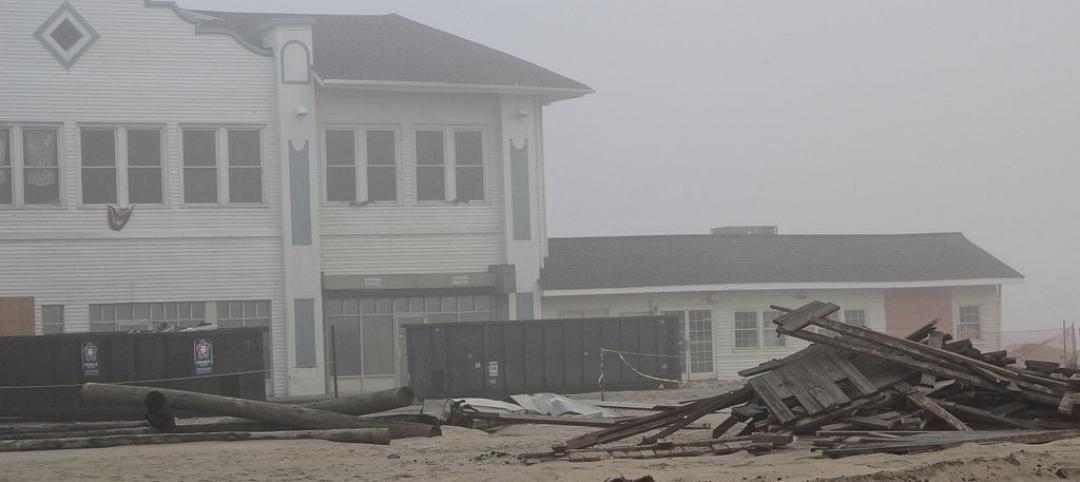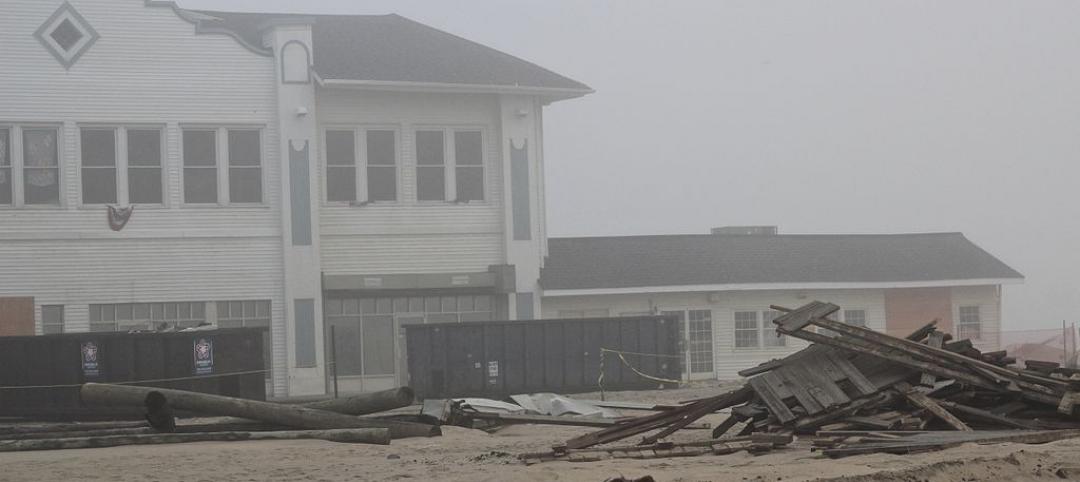Lax disclosure regulations that have made the U.S. a global hot spot for money laundering via real estate holdings will make it difficult for officials to seize properties from Russian oligarchs.
Russian oligarchs have likely staked a large part of their wealth in U.S. commercial real estate properties in purchases that are easier to conceal than high-profile luxury mansions and superyachts. Federal law requires “self-reporting” of transactions making it difficult to track who owns what.
A 2020 law giving the U.S. Treasury the power to stop tax evaders, kleptocrats, terrorists, and other criminals from using anonymous shell companies to hide assets is not strong enough to compel disclosure of ownership, according to some legal experts. Russian oligarchs have purchased numerous luxury condos in Manhattan and Miami, but significant funds from Russia money have also been used to snap up property in cities across the U.S.
According to Global Financial Integrity, a nonprofit that tracks the flow of illicit money, more than $2.3 billion has been laundered through U.S. real estate during the last five years.
Related Stories
| Jun 26, 2014
Ohio is first state to roll back renewable energy standards
Ohio became the nation’s first state to roll back renewable energy standards after the state House of Representatives passed Senate Bill 310 and Gov. John Kasich recently signed the measure.
| Jun 25, 2014
AIA Foundation launches Regional Resilient Design Studio
The Studio is the first to be launched as part of the AIA Foundation’s National Resilience Program, which plans to open a total of five Regional Resilience Design Studios nationwide in collaboration with Architecture for Humanity, and Public Architecture.
| Jun 18, 2014
Senate passes ‘compromise’ bill that green lights 26 new VA hospitals, clinics
The U.S. Senate reached a compromise deal combining elements of two competing Veterans Administration reform bills that would, among other things, gives the go-ahead for the construction of 26 new VA hospitals and clinics.
| Jun 11, 2014
Federal bill would promote shifting to energy-efficient roofs
A bipartisan proposal from U.S. Reps. Tom Reed, R-N.Y., and Bill Pascrell, D-N.J., would make roof replacement cost less and would help commercial building owners adopt energy-efficient systems.
| Jun 5, 2014
Over budget Homeland Security headquarters project may be canceled
A massive new headquarters for the Department of Homeland Security is more than $1.5 billion over budget, 11 years behind schedule, and may never be completed.
| Jun 4, 2014
Dikes, water pumps, and parks will help New York City area be more resilient
The Obama Administration has pledged $1 billion in federal funding to protect the New York City region from flooding like the area experienced from Superstorm Sandy.
| May 22, 2014
Senate kills bipartisan energy efficiency bill over Keystone pipeline amendment
The legislation focused on energy efficiency standards such as water heaters with smart meters and cheaper heating and cooling systems for office buildings.
| May 13, 2014
19 industry groups team to promote resilient planning and building materials
The industry associations, with more than 700,000 members generating almost $1 trillion in GDP, have issued a joint statement on resilience, pushing design and building solutions for disaster mitigation.
| May 8, 2014
Infographic: 4 most common causes of construction site fatalities
In honor of Safety Week, Skanska put together this nifty infographic on how to prevent deadly harm in construction.
| Apr 30, 2014
House Appropriations Committee approves $3 billion cut for military construction
The Army would see the sharpest cuts on a percentage basis, with a $578 million, or 52% reduction in FY 2015.

















